While on SRAS’ Security and Society study abroad program in Warsaw, Rebekah Switala, a graduate student at the University of Texas at Austin, sat down with two Polish friends for a discussion on growing up in Poland, living in Polish culture, and what advice they may have for foreigners coming to Poland. Asia Matusik, born and raised in a small town, is a video game developer and resides in Warsaw. Michał Węglarz, also originally from a small town and raised within the Goral culture (a highlander culture), works as an international relations expert in Warsaw.
Interview with Asia Matusik
Rebekah Switala: How do you like living in Warsaw?
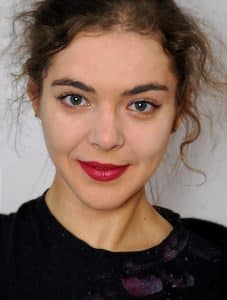
Asia Matusik: My job as a video game developer requires me to live in Warsaw. But I’m not really into Polish cities, I do not think they are well organized. Our small towns and our homes seem to be better tended. So I would prefer to live in Sudety Mountains, maybe Mazury because it is such a beautiful place. I love nature in Poland, so the Białowieża region, too – it has all this wild nature. For centuries we have taken care of wildlife — wolves, birds, etc. Białowieża is like the last place in Europe that was originally wild, and I would like for it to stay that way, to continue always belonging to everyone.
Where did you grow up in Poland?
I grew up in a small town called Szczawno-Zdrój in the 90s, right before Poland joined the European Union but after communism had fallen. It was a difficult time, although for me personally I remember it as a beautiful time because I was a child. I was part of a group of about 20 kids, we were always playing outside. At least one adult was usually always nearby, but when I look back on this I think it was ridiculous. Because how can one adult control 20 kids? So we had a very good time. We were always sharing food and toys.
Actually, a famous contemporary Polish writer is from my town, Olga Tokarczuk. I really recommend reading her if you want to understand what it felt like to grow up in a Polish village in the 90s, especially her novel House of Day House of Night.
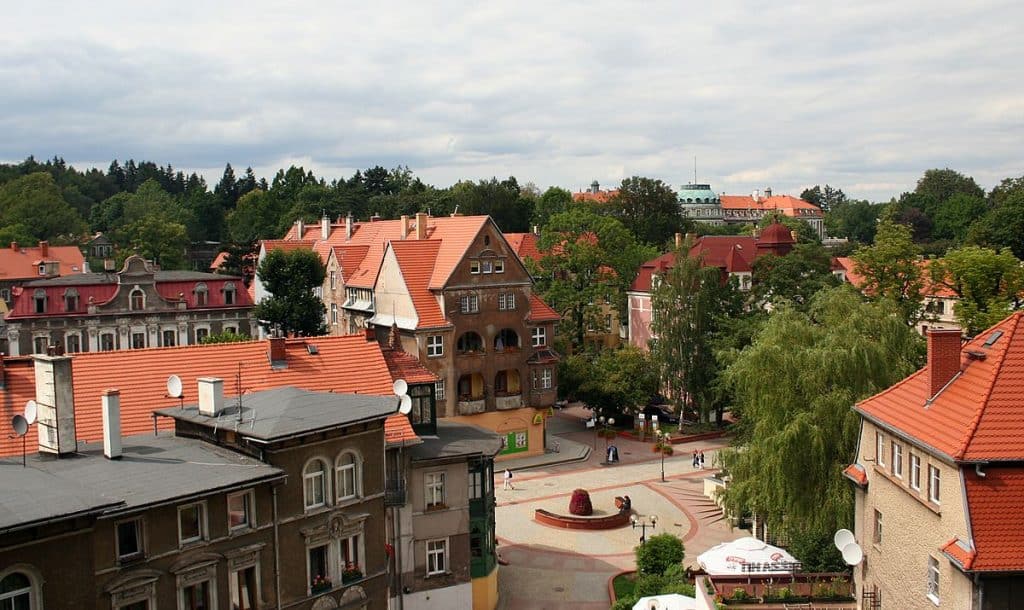
You said it was a difficult time. What can you say for sure was difficult about that time, despite your only having happy memories from childhood?
Well, my family was lucky because fortunately my parents did not lose their jobs. We always had bread in our home. Some kids considered me to be like a princess because I always had breakfast, always had crayons to bring to school.
But it was not an easy time, and in fact was very difficult for my parents. Poland experienced great inflation in the 90s, and there were 4 children in my house, so there came a point when we didn’t feel too well off. But then things just stabilized for my family.
A lot of people who lost their jobs and became poor at that time, however, are still struggling to find their place in society. The mines were closed, and foreign investors own what Poles once did, Poles who are now left with nothing.
So many people were marginalized in the 90s, about 30% of the population, I think. But no one could help this, it’s just what happened. The 90s were an enormous struggle just to survive, so everyone became focused on just being responsible over themselves. So people started to become blind, in a way, to things like homelessness. I guess it’s like we became unempathetic, but the irony here is that we have so much sympathy for everyone. This is something satirical about Polish culture.
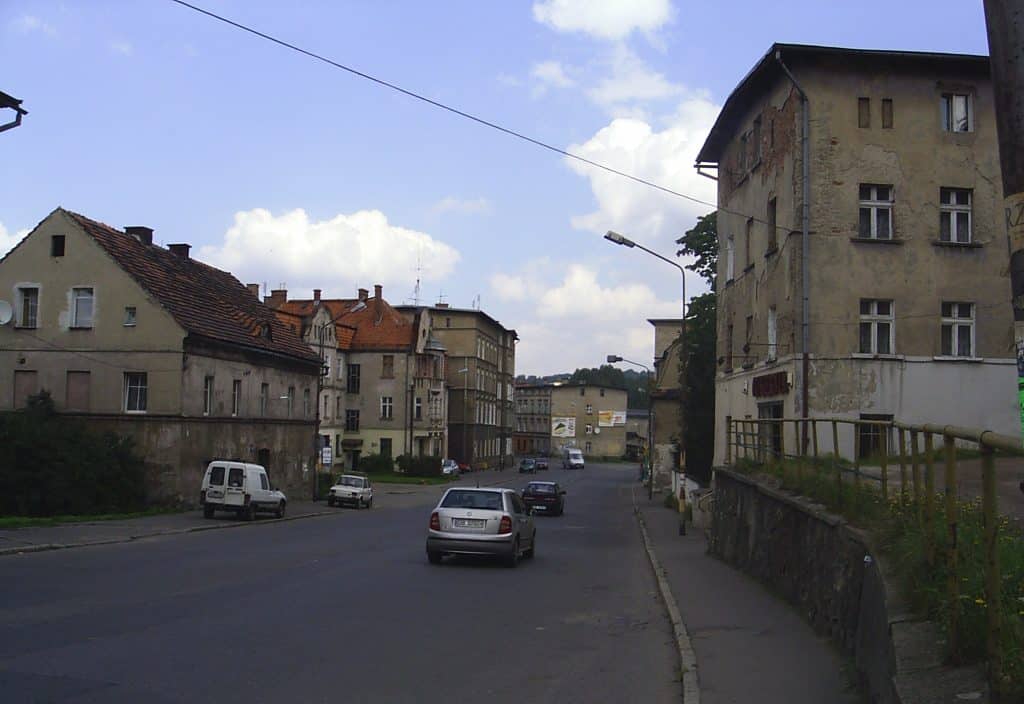
I’ve noticed that every time I stop someone to ask for directions, they do not stop helping me until they are sure that I understand completely.
Yes, Polish people feel awful when they must refuse to help. If anyone asks for help on the street, usually they will not be denied. A lot of this has to do with our custom of taking in foreigners who come here, although it does not always function as it should, especially not in cities. But if you were to visit the countryside, someone you asked for help may invite you for dinner and to other meals.
This is actually something really important for foreigners to understand about Poland: Always ask someone for help if you need it. Otherwise your needs will be ignored. People can be rude about this, laughing at you if you cannot cope with some simple tasks, so it is better to ask. If you ask, people will help you politely.
But the rudeness can also be a way to help, yes?
(Laughs). You know, I actually do love this tendency to be rude in Polish culture. Many people who come here from other countries notice this rudeness. It’s just because we are open to criticizing absolutely everything and everyone, and we are really good at this. It’s so honest and refreshing. Maybe it’s not so good for giving compliments, but if you want to know the truth about something, you should really ask a Polish person.
What about the arts in Poland?
I love Polish theatre, like Jan Klata and Tadeusz Kantor.
They were never afraid of controversy and are true fighters right now. Even though the topics they address are difficult and upset people, they want to touch it because it’s important. We have a lot of stuff we’ve never discussed in Poland, like the great taboo of discrimination against the poor, or those who don’t live in the city, or those of foreign ethnicities. We never really talk about this in society, and leads to assumptions that Poland does not have xenophobia or racism. But everyone is Polish, so how could anyone know about these things? So when it is spoken of in theatre, people recognize that it is real and this can really hurt. And it’s important to hurt some cultural weaknesses, especially when people are blamed for things that other people did who are dead now. It’s not appropriate to blame someone who is alive now for doing things someone did in the Second World War.
Above is an example of the work of Tadeusz Kantor, who often uses death and the dead on stage.
What is your advice for those coming to Poland for the first time?
First, remember to ask for help. Second, please be aware that you have to really follow the rules and laws here. This is explicit to public transportation, because authorities will be unempathetic to you not understanding or knowing that you need a ticket. This will result in a very unpleasant experience for you. The last thing is to try and find some contacts through couchsurfing, or other traveling websites. People who travel are more open and understanding, and it is more possible that these types of people will help you and also be your friend and socialize with you.
Interview with Michał Węglarz
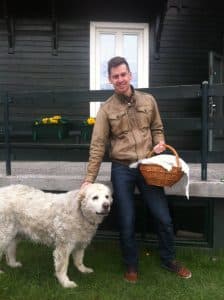
Rebekah Switala: Tell me about where you grew up.
Michał Węglarz: I grew up in the south of the country in the mountains, in a small village called Rytro that is in a valley between the mountains, next to the border with Slovakia. It is a community of some 4000 people, so very small. I had a quite happy childhood because of being able to just hike around the mountains in the beautiful, green nature all day, and I really miss this because Warsaw is located in a plain area and so there are no mountains near us here.
How would you describe the difference between your regional culture and national culture in Poland?
Well, the difference is not so much dealing with language and dialects. There are not very many dialects of Polish; most Poles speak just standard Polish. (But in some areas — like Upper Silesia, or areas near Gdansk — people do speak different dialects).
One definite difference is that in the village, you know personally most of the people, you greet them everyday, and this gives you a feeling of familiarity and safety. Where I am from, we also take pride in the fact that we are from the mountains, and mountain culture — the Goral, or Highlander, culture — is very well-developed. It has a specific type of music, specific instruments and tunes.
We definitely do not wear traditional outfits or anything everyday, but we do have them. I am definitely very well connected with the culture and know quite a bit about it. In fact, my father is an ethnologist and specializes in analyzing highlander culture, so I am quite familiar with all its aspects.
Food can be a little different by region. In highland areas, for example, we have special sheep cheeses (bryndza and oscypek) because of the sheep herding culture there. So if you go somewhere like Zakopane, you must try these cheeses.
But I actually think now we are experiencing more of a national culture, with focus being placed on the whole of Poland, not on the region.
Above: a video showing some elements of traditional Goral culture. (In Polish)
So there’s like a convergence of all Polish subcultures into one main one right now?
It’s a bit more nuanced than that. Upper Silesia (Małopolska — Little Poland) region is a good example of this; most of the people from there consider themselves just as Polish as any other Poles — just with an additional layer of Silesian identity, with its dialect and cuisine.
Another example of this convergence is that even in a small town or village in Poland, we are taught extensive history lessons on Poland. There is a huge focus put on history as part of our culture, and everyone in Poland should know quite a bit of our history and also the history of Europe itself. As a nation, we are aware of what has happened and what is happening, and are usually interested in reading about history. This is an important aspect of our culture. I think it helps us be more self-aware
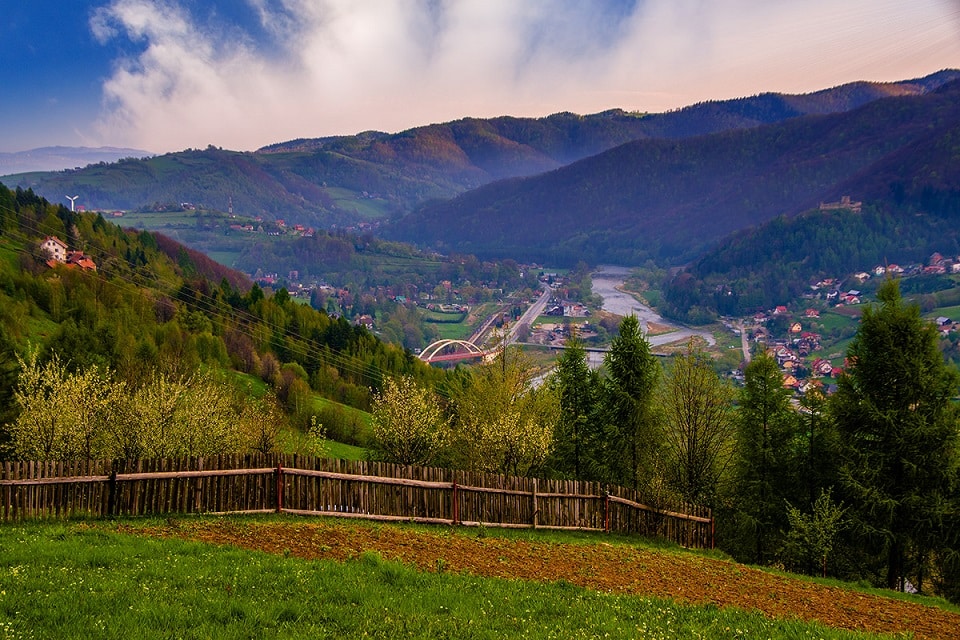
Why do Poles like to feed me so much food?
Polish people take pride in their hospitality. I think that is something true to most Slavic cultures, all believe that if you are a wanderer from another land, we will take care of you, invite you to dinner, cook for you, try to show you around and show you our country from the best possible perspective so that you have good memories of Poland.
So if during my travels I meet some people, say, from Asia that have been to Poland, it would make me proud that they have good associations with my country. In Poland we have a feeling of responsibility for representing our country and our culture abroad.
There are also a lot of churches in Poland. The Catholic Church is really visible here.
Polish culture is really connected to Catholicism, even though not everyone is Catholic in Poland (there are distinctive numbers of Eastern Orthodox believers, as well as Protestants in some regions, for example). But Catholicism represents the majority, and so many festivals are religious festivals. For example, the Corpus Christi event coming up — which will be a procession of believers who walk around the city to honor and worship — is a visible element of this.
Christian culture is quite embedded in Polish culture. So much so, that sometimes writers and visual artists “discuss” with Catholicism in their works. They don’t necessarily do this to be religious — or even to necessarily support the Church — but merely just to discuss or challenge Christian ideas. So being aware of our Christian roots is a key to understanding some works of culture.
What is your advice to foreigners coming here for the first time?
I suggest reading some Polish literature before coming here. We’ve had many great writers who have received Nobel Prizes. If you like poetry, I suggest Szymborska, Miłosz, Herbert, who is my my favorite poet, personally. If you like non-fiction perhaps Kapuściński. For literature with absurd humor, try reading short stories of Mrożek. If you like science fiction, Lem’s novels is a must-read.
Also, once you are here, don’t be afraid to ask for advice on the street. Everyone will be glad to help you. Obviously younger people are more likely to speak English, but everyone will still try their best to show you the way or give you advise, or just tell you something about the place you are visiting.
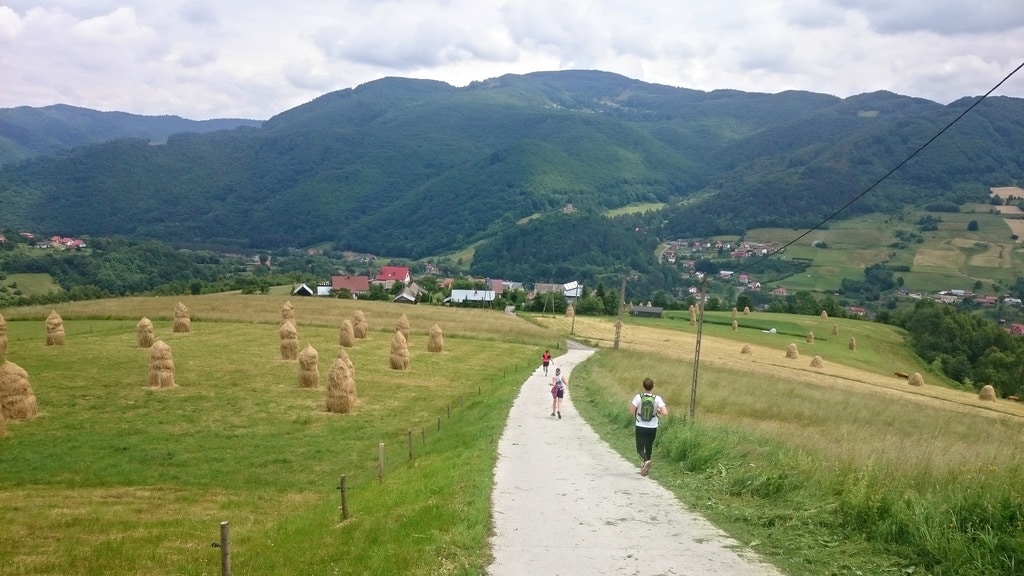
Any places you specifically recommend where foreigners to visit?
Well, in Warsaw, we have some great new museums that are worth visiting. They portray the troubled history of our country really well. I recommend the POLIN Museum of the History of the Polish Jews, which was opened recently, and the History of the Warsaw Uprising. Warsaw was completely destroyed during WWII and most of its population displaced. After the war the city managed to rise from the ashes; this destruction and reconstruction is portrayed really well in this museum. Of course I recommend walks in Old Town, which was destroyed also during the war but reconstructed in a brilliant way. You should also go to Wilanow Palace, the palace of one our last kings, Sobieski.
Outside of Warsaw you should go to the region of Podlasie (region east of Warsaw at border of Belarus — Bialystok is the capital of Podlasie). There are so many beautiful natural sites in this region, and the Białowieża, the ancient European forest, which has the biggest remaining population of European bison. It’s quite a miracle this species survived because there were perhaps only 15 left after the second world war.
Also, the National Park of Biebrza is a great place for birdwatchers, especially in spring.
There are some great old cities and towns around Poland that some tourists might enjoy. Wroclaw is such an example, it is beautiful and has an interesting culture and visible history. It was a city on the borderlands historically, and so its culture is a mix of Polish, German, Jewish, Czech influences. Gdansk is another great, old city to visit, located on the Baltic sea. It has a recently opened museum dedicated to the Second World War, the war started there.
I do recommend visiting Krakow, and once there you must see Auschwitz-Birkenau, a German Nazi concentration camp, this is mandatory. It’s a sad place but it is necessary to see it because it makes you ponder of human nature, and the need for never allowing it to happen again.. You should also see the famous Salt Mine, Wieliczka, one of our UNESCO heritage sites. One can admire underground chapels, rooms crafted out of salt. It’s quite an amazing view.
I really strongly suggest the Polish mountains, especially the region from where I come, if you want time in nature. Zakopane is a good choice. I also strongly recommend visiting the lower mountains in the southeastern corner, where the borders of Ukraine, Slovakia and Poland meet. The mountain range is called Bieszczady. It used to be more populated by the Lemkos, an ethnicity related to Ukrainians. The communist Polish government relocated most of them after the war and dispersed them to various areas. Some returned to this area but it’s still pretty deserted. When walking around these mountains, you can see deserted villages and only traces of the houses that were there. Fruit trees still surround what used to be people’s homes there and blossom. By old roads you can come across old Orthodox crosses and cemeteries. It’s a sad view but also a romantic experience to visit at the same time. The nature is so amazing too – the area is now ruled by wolves, bears and mountain bison.
You’ll Also Love
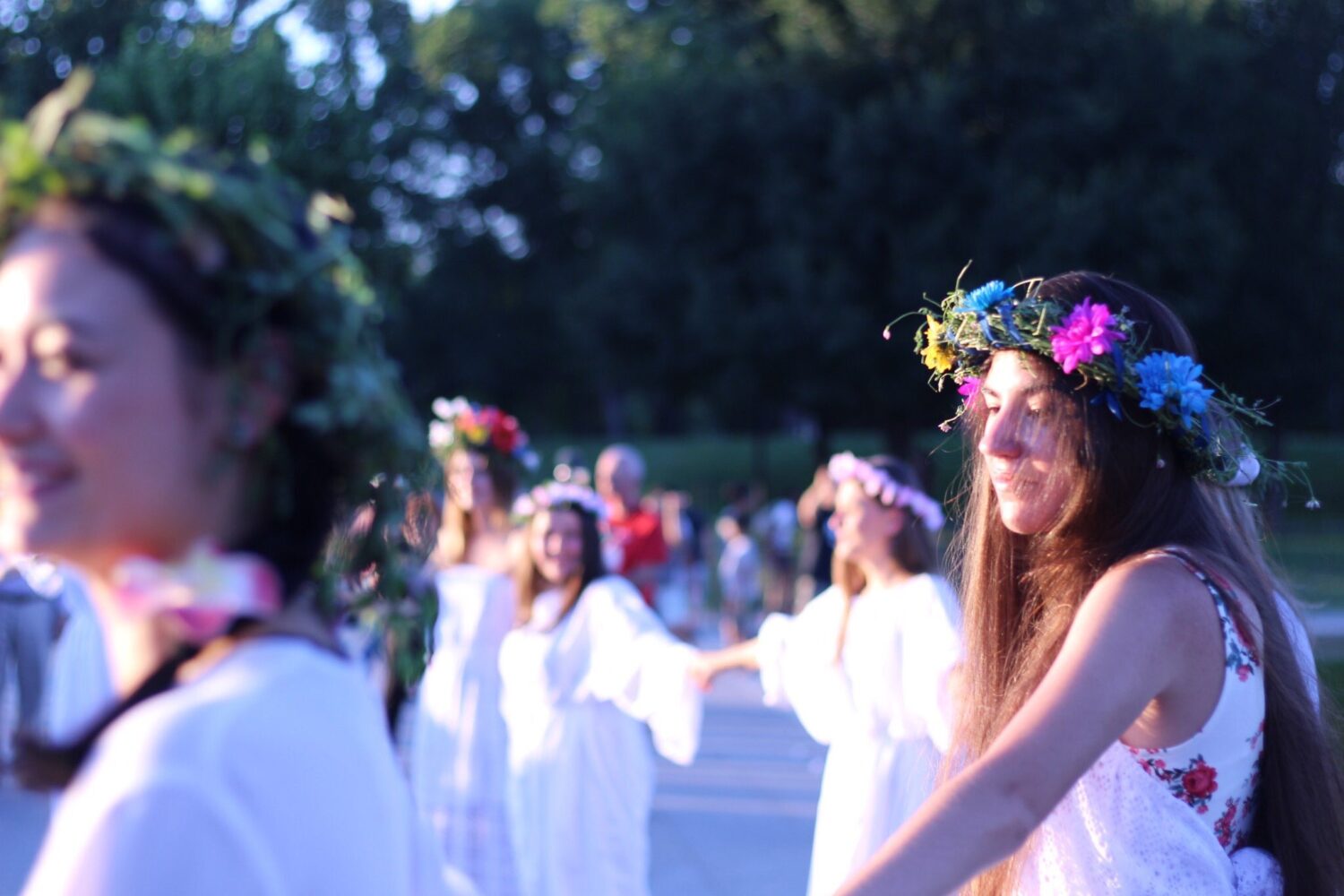
Wianki: Polish Midsummer: Student Observations
Wianki (or, in English, Wreaths) is a Polish holiday event that takes its roots in the pre-Christian tradition of celebrating summer solstice as a day of fire, water, fertility, love and joy. Wianki is celebrated each year in June and is a Midsummer festival marking the summer solstice. While it has analogues throughout Europe, in […]
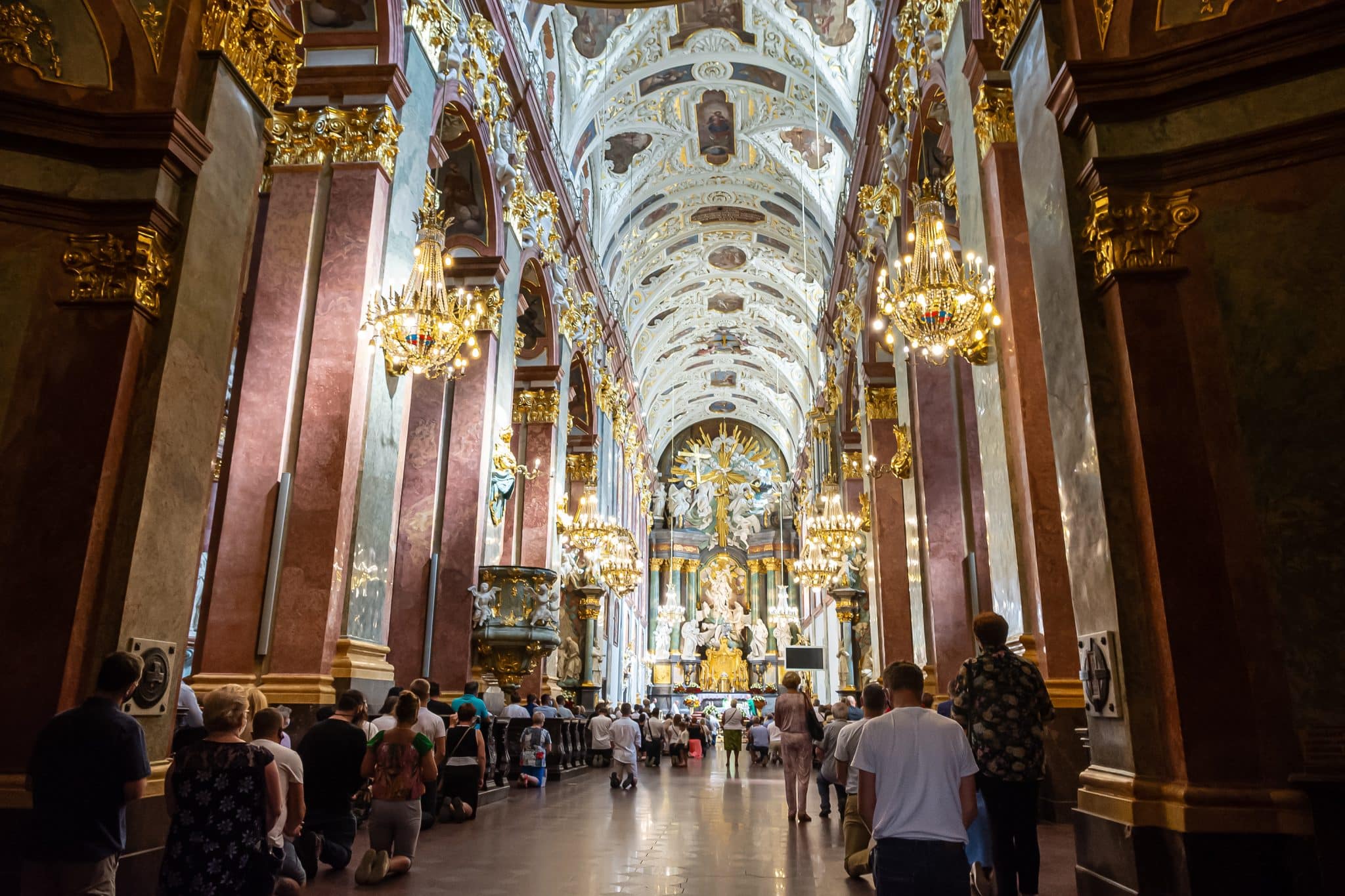
Attending Catholic Mass in Poland as an American
Catholic Mass in Poland is not only a religious ritual but also a reflection of the nation’s history, culture, and identity, shaped by centuries in which Catholicism anchored Polish society through partitions, war, and communism. Today, around one-third of Poles attend Mass weekly and 71% identify as Catholic, making Poland one of Europe’s most religious […]

Wigilia: Polish Christmas Eve as a Reflection of History and National Identity
By the end of November, the cold cobblestone streets in Polish villages and cities are lined with Christmas markets selling traditional Polish cuisine, handcrafted souvenirs, and traditional amber handicrafts. Christmas is one of Poland’s largest celebrations. The main festivities occur over the course of three days from December 24 to 26. The 25th and 26th […]
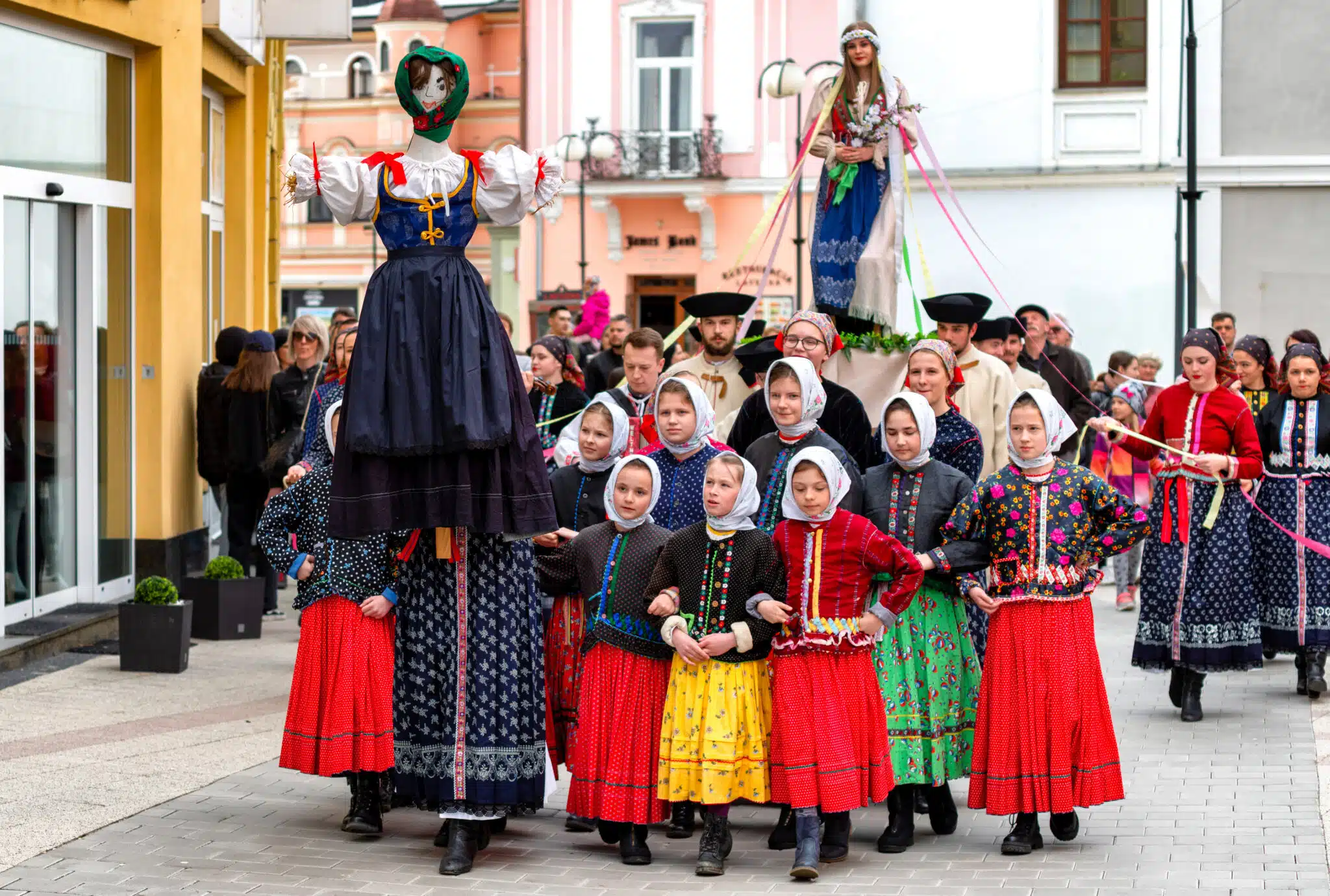
Maslenitsa, Masliana, Meteņi: Spring Holidays of the Slavs and Balts
Rites of welcoming spring and saying goodbye to winter are some of the oldest holidays preserved across Slavic cultures. In the Baltics, the celebrations were nearly lost after being suppressed by Catholic and imperial dominance. Today, Russia’s Maslenitsa is by the far the best-known, but multiple versions exist across the diverse Slavic landscape. In the […]
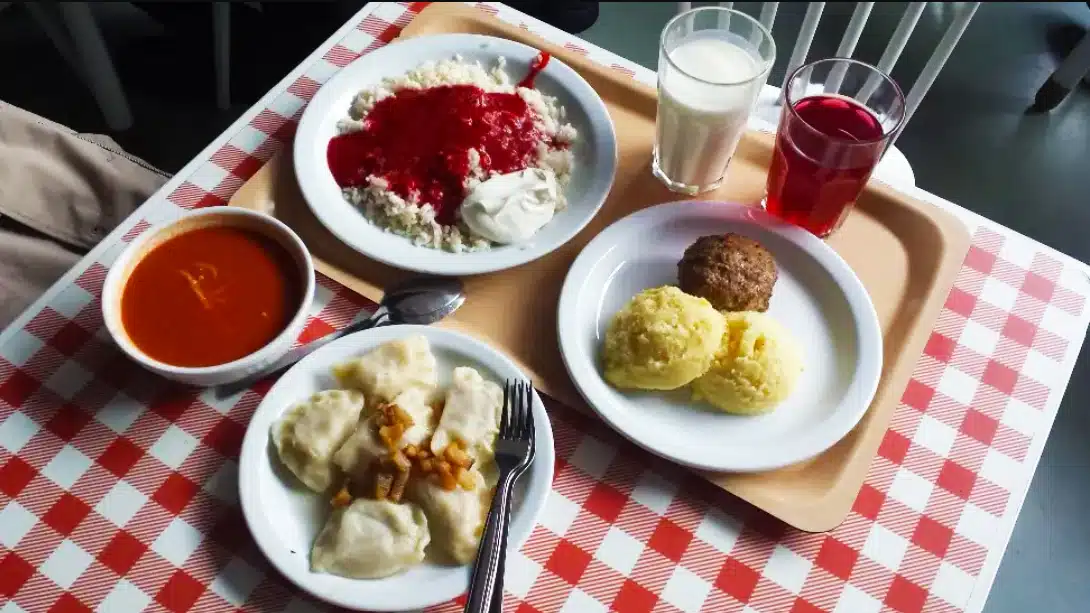
Milk Bars: Warsaw’s Proletarian Food Culture
This is a quick introduction to Warsaw’s milk bars, which are important cultural institutions as well as great places to eat, and to the Polish food they offer and the Polish language needed to order in them. While English-speaking eating establishments can be found, they will typically be more expensive and less of an important […]




